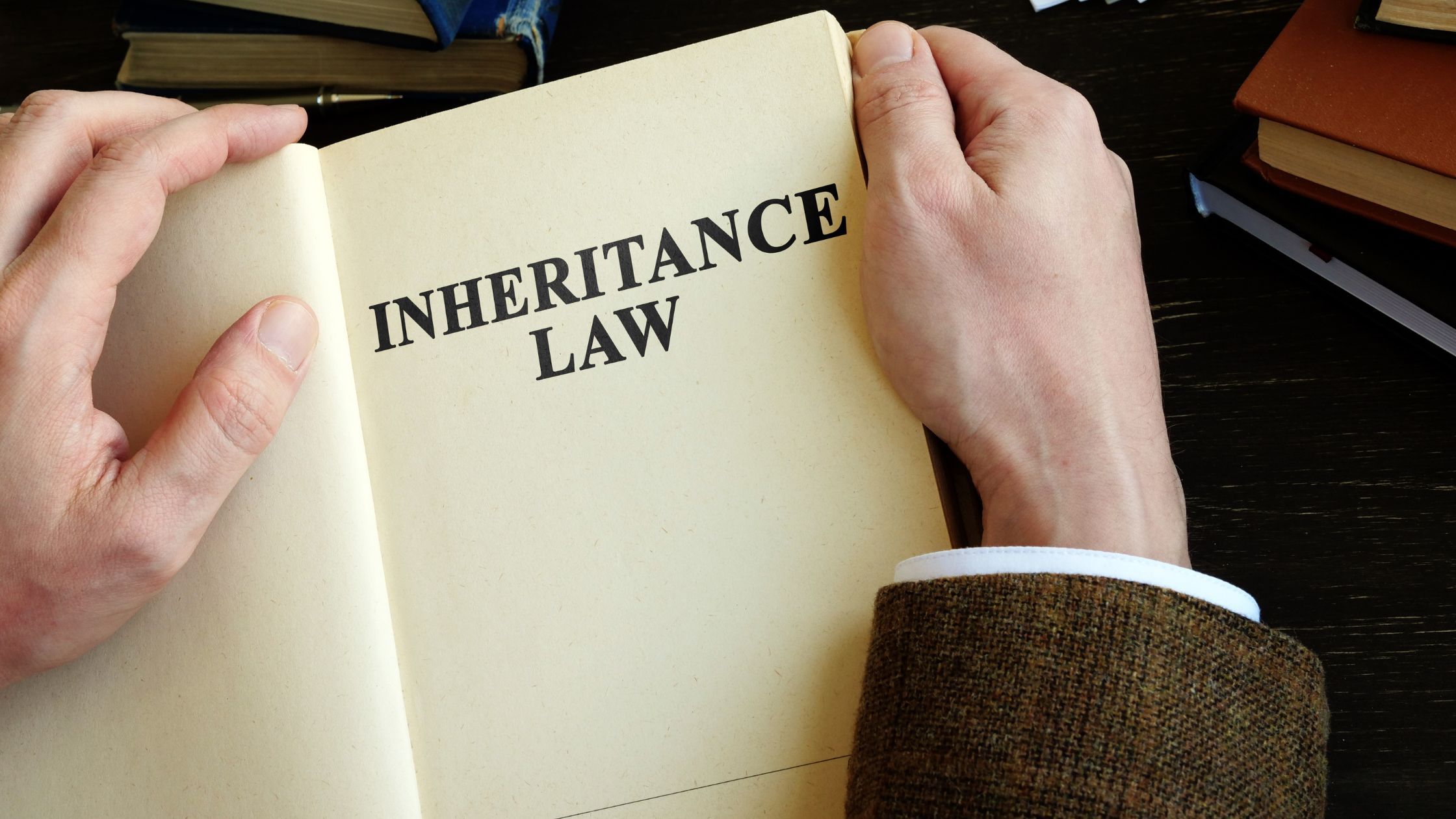From the 1st May 2017, the current fee payable for an application for Grant of Probate / Grant of Letters of Administration will be considerably increased.
A Grant is usually required to prove a personal representatives' authority to administer the estate of the deceased. The Grant allows a personal representative to sell or transfer property owned by the deceased and deal with cash, investments etc. in the deceased name.
Currently, the fee payable for an application for a Grant is £155 when applied for via a Solicitor and £215 for an application made personally, for an estate of any worth. If the estate is worth less than £5,000, then no fee is payable.
The new fee system to be implemented means that a different fee will be payable depending on the value of the estate. This is illustrated below:
| VALUE OF THE ESTATE (before Inheritance Tax) | APPLICABLE FEE |
| Up to £50,000 - exempt from requiring a Grant | £0 |
| Exceeds £50,000 but does not exceed £300,000 | £300 |
| Exceeds £300,000 but does not exceed £500,000 | £1,000 |
| Exceeds £500,000 but does not exceed £1million | £4,000 |
| Exceeds £1million but does not exceed £1.6million | £8,000 |
| Exceeds £1.6million but does not exceed £2million | £12,000 |
| Exceeds £2million | £20,000 |
The rise in the fees could leave beneficiaries of valuable estates (more than £2million) paying as much as 129 times more than the current fee level. However, the Ministry of Justice believes that at least 30,000 estates would be lifted from paying Probate fee, raising the exempt estates from £5,000 to £50,000.
Justice Minister Shailesh Vara, justice minister at the House of Commons select committee commented that 'the proposals are progressive, with lower-value estates lifted out of paying any fee at all...they are necessary, making a significant contribution to reducing the deficit and enabling investment...'.
Whilst the income brought in by the current Probate fee system fully covers the cost of the probate service, this increase will go further, allowing a reduction on the £1.1billion burden on taxpayers funding the court and tribunals system.
However, the increase has also been met with adversity, with Private Client Solicitors noting that the increase is effectively a tax on London Estates. Additionally, whilst the new fee system can be seen as fairer and progressive, larger estates will be paying significantly more, considering the work carried out by the Probate Registry is virtually the same, no matter what the value of the estate. 62% of estates use a Solicitor to realize estates and as such the Probate Registry carries out a purely administrative role.
Those who are against the new system have also noted that it may be difficult for the executors to come up with the fee prior to the Grant being issued. Access to the deceased's cash is limited prior to a Grant being obtained with banks almost always refusing to release funds of £15,000 or more prior to a Grant being produced to them. As such, executors may find it difficult to pay for the fee from their own pocket and indeed, if the estate has insufficient cash to cover the cost of the Probate fee, it may take several months depending on the sale of assets.
If the estate has no liquid funds for the fee to be paid, it may be that in limited circumstances, a limited Grant is issued, allowing the executors to sell a specific asset for the sole purpose of paying the Probate fee. The full Grant would then be paid for at a later date. However, it is not clear as to whether two fees would be payable.
Those with particularly high net worth estates will now be looking for ways to reduce the fee payable for a Grant. The increase may therefore, lead to individuals to review the structure of their estate and transferring assets in to joint names or into a trust in their lifetime so that they do not form part of the estate valued to assess the fee applicable. However, experts have advised that individuals seek financial advice if they are to take these steps. Considering leaving large gifts to third parties or placing assets in trust as they may attract higher tax consequences which should be carefully weighed against the reduction in any fee.





























